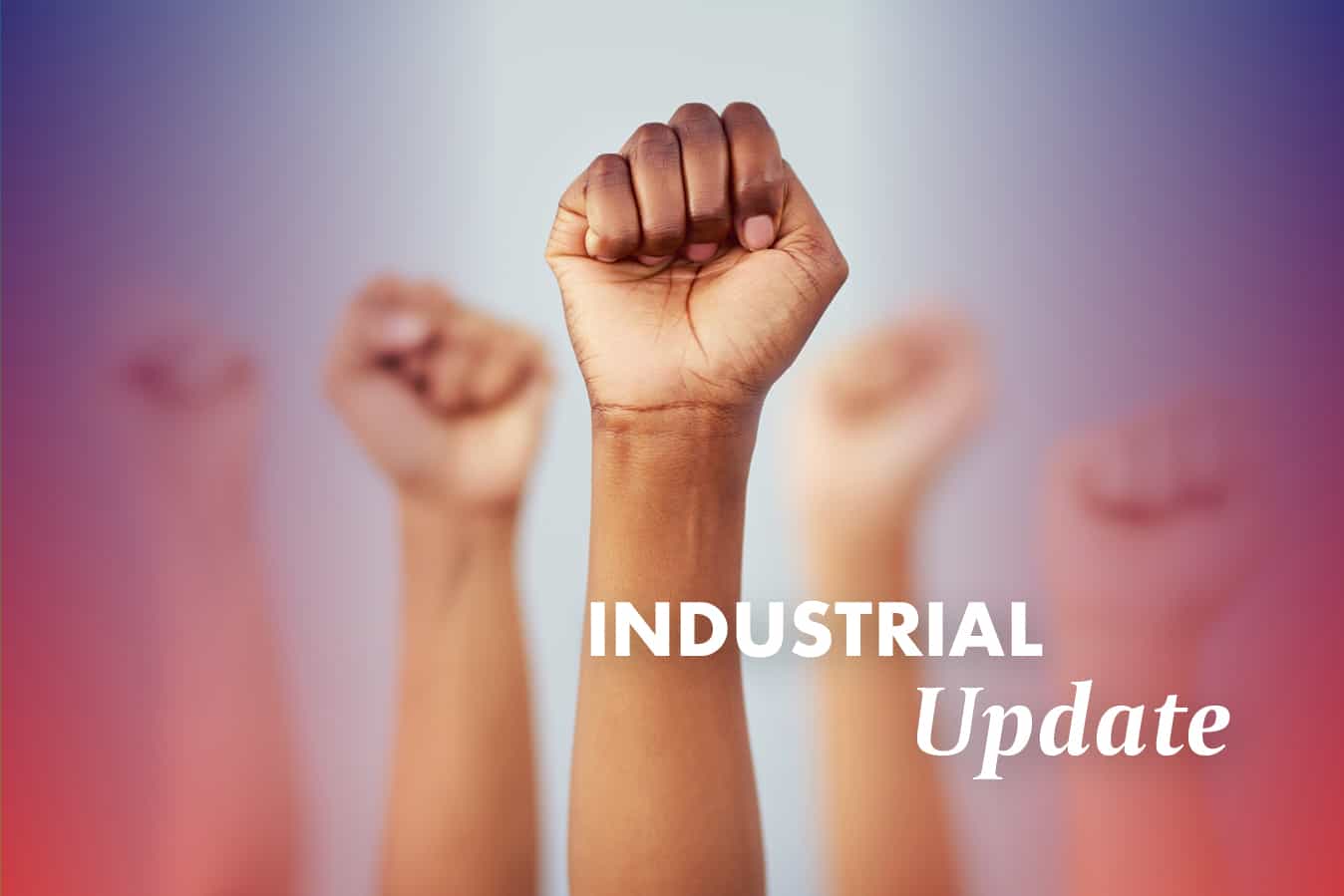In March 2018, the Fair Work Commission determined to include five days unpaid family and domestic violence (FDV) leave in all modern awards. In December 2018, the right to five days unpaid leave was expanded to cover all national system employees under the National Employment Standards.
While many ANMF members benefit from access to paid leave under enterprise agreements- the entitlement is far from universal. This means many people, predominately women, who are seeking support while in a violent relationship, making plans to leave, or re-establishing their lives after leaving must do so with no dedicated paid leave.
The FWC decision incorporated a review process to take place three years after the right to unpaid leave came into operation.
The FWC review is now underway and is considering the following questions:
- whether employees should be able to access paid personal/carer’s leave for the purpose of taking family and domestic violence leave;
- the adequacy of the unpaid paid family and domestic violence leave entitlement, and
- whether provisions should be made for paid family and domestic violence leave.
The ACTU is now seeking to vary awards to include an entitlement to 10 days paid family and domestic violence leave. Witness statements and submissions have been filed at FWC in support of the application. Statements have been obtained from a range of front-line workers who provide services to people experiencing the effects of family and domestic violence, including one from an ANMF member, an RN working at St Vincent’s Hospital Melbourne in a program to support both staff and patients experiencing FDV.
The evidence aims to show the steps that need to be taken in the process of leaving a situation of FDV, such as seeking medical and therapeutic support, setting up financial independence, often in a situation of financial control, seeking police intervention, finding alternative accommodation, arranging new child care and schools and sometimes changing work arrangements. Nearly all of these preparations need to occur in work time. It is estimated it can take more than 140 hours to escape and recover from an abusive relationship.
The evidence also draws attention to the economic cost of FDV; for the individual it is estimated the cost of leaving FDV is more than $18,000 per person. Research shows that in 2014-15, the cost to the Australian economy of women experiencing physical violence, sexual violence or emotional abuse by a partner was $12.6 billion and by 2015-16 the cost had increased to $22 billion. It can only be assumed that the impact of COVID-19 on households will have an even greater financial and personal cost.
The data referred to in the evidence shows that not only is it predominantly women who experience the effects of FDV, but that women who have experienced FDV earn relatively lower incomes both in the short and long term. Given the ongoing prevalence of FDV, which affects one in four women, it is clear that FDV is a barrier to achieving gender equality both in the workplace and more generally.
A report prepared on behalf of the FWC notes that FDV leave is an important means for maintaining the economic security necessary to potentially leave and recover from a violent relationship. This is echoed in the member witness statements from nurses, doctors, paramedics, lawyers and social workers, who explain that in their experience, a key barrier to people accessing critical support is not being permitted to take leave and being unable to afford to take time off without pay.
The ACTU application will be listed for hearing in 2022. At the same time, the ACTU is running the campaign We Won’t Wait – Australian Unions to raise awareness about the importance of paid FDV leave in all workplaces. The campaign material includes a toolkit to help workplace delegates promote workplaces that offer paid leave and information about how to achieve paid FDV where the entitlement is not available. The material includes a link to a national petition calling for 10 days paid FDV leave as a minimum entitlement, which we urge you to sign.
It is critical that paid FDV leave be incorporated into awards as a minimum entitlement as it not only supports the individual to take the necessary steps to leave an abusive relationship, but also helps women stay in employment that is vital to their future economic security. Paid FDV leave is key to individuals surviving and rebuilding their lives and this benefits all our community.








